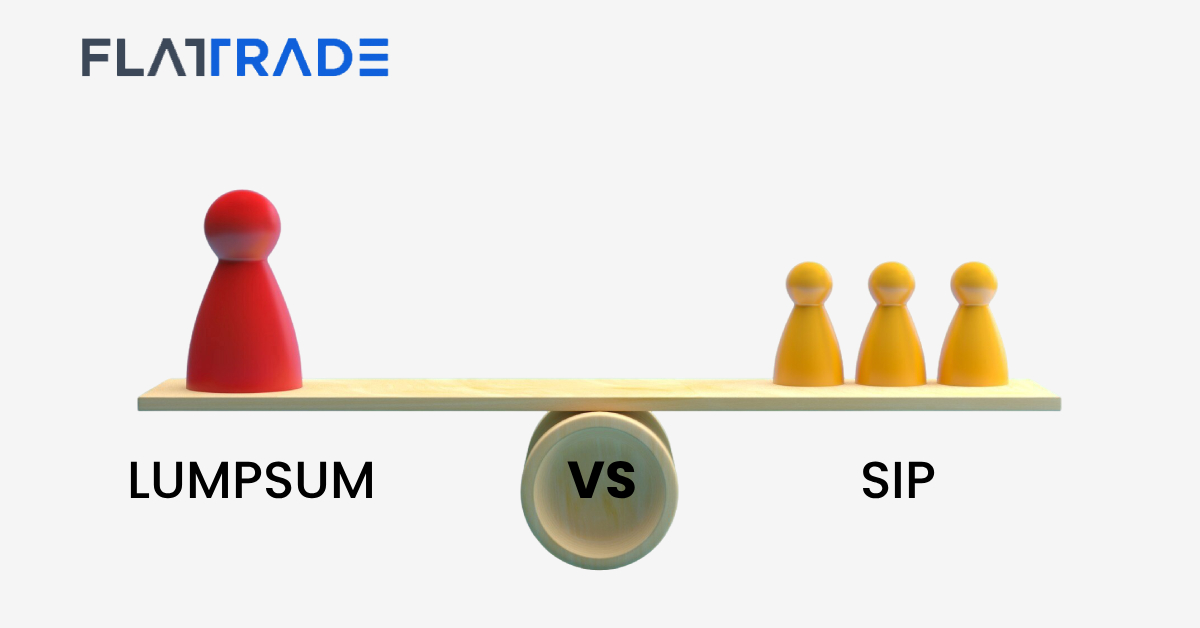What is Mutual Funds?
A mutual fund is an investment instrument that pools money from many investors and invests the money in securities such as stocks, bonds, short-term debt, and other money market instruments. The mutual fund became one of the investor’s favorite investment avenues for diversification of their portfolio.
How Mutual Fund work?
A mutual fund is one of the different types of investment channels where funds from people are collected and invested in a group of profiles including stocks, securities, cash, bonds, and other asset classes.
It is usually like portfolio investing where an investor can choose to invest in certain profiling of funds depending on their investment strategies, time horizon of maturity period, and risk status.
Aspects in Mutual Fund
Funds pooling: Each investor buys shares in mutual funds and their money is combined with that of other investors which represents a shareholding of that particular fund.
Portfolio managers: Usually mutual funds are maintained by portfolio managers who select the asset classes for a particular type of portfolio by using their technical analysis. They assess different factors such as risk and return, objectives of portfolio and decide on various factors in picking a particular stock or asset class
Fees charged: Mutual funds do charge some of the fees like maintenance fees, commission fee,s and other expenses such as operational costs. It is always a wise decision to talk with your portfolio manager about this before making the investment decision.
Investment diversification: Mutual funds are known for their diversification feature where portfolio managers pick a wide variety of risk and return combined asset classes that will benefit the investors and also fit their investment objective.
Types of Mutual Funds
- Equity Mutual Funds
These funds invest most of their assets in shares and their major purpose is capital growth. They can be further divided into:
Large-cap: Invest only in well-established ‘blue-chip’ companies which provide a steady return
Mid-cap: Invest in companies of average size that also have growth potential
Small-cap: Invest only in smaller, more speculative companies that aim at growth.
Sectoral Funds: Invest in specific economic sectors such as information technology, health care services, etc.
2. Debt Mutual Funds
They Invest in certain fixed-income instruments such as bonds, government securities, as well as corporate debt. Their objective is to generate consistent revenue since they are less risky as compared to equity funds. It is divided into:
Short-term: Short-dated instruments that are within one year are invested, such as T-bills etc
Long-term: High emphasis is given to long-dated securities such as Bonds which have long maturity in corporate bonds, government bonds
- Balanced or Hybrid Funds
These offer both equity and debt instruments as investments in order to provide a balance of risk and returns. These funds usually stick to a particular stock bond ratio which may change depending on the markets.
- Index Funds
The aim of such a fund is to achieve the same returns as the performance of a specified index or indices (e.g. Nifty50). Indices are expensive to manage actively, therefore, a buy-and-hold strategy is used and management fees are lower.
- Exchange-Traded Funds (ETFs)
Index based fund but listed and traded like a normal stock on an exchange within a day. They come out with different kinds of such funds tracking diverse indexes having low operating cost ratios.
- Money Market Funds
These funds invest in low-risk short-term Investment-grade instruments such as Treasuries and commercial paper. They are meant to assuring liquidity and safety and represent hot money transfers.
- Target Date Funds
These funds are made for people who have a particular retirement date in mind. The fund changes how it invests over time, moving from riskier investments (like stocks) to safer ones (like bonds) as the retirement date gets closer.
- International and Global Funds
These funds invest in markets outside the investor’s home country. International funds focus only on foreign markets, while global funds can invest in both local and foreign markets.
- Thematic Funds
These funds invest based on specific ideas or trends, such as renewable energy or artificial intelligence. They can be riskier because they focus on just one area.
- Fund of Funds (FoF)
These funds invest in other mutual funds instead of directly in stocks or bonds. This helps spread out the risk across different types of investments.
Each type of mutual fund has its own level of risk and potential returns, so it’s important for investors to think about their financial goals, how much risk they can handle, and how long they plan to invest.
These are the main types of mutual funds, but there are other specialized categories and variations that are also important to know. Here are a few more:
- Sector and Industry Funds
These funds focus on specific areas like healthcare or technology. Because they invest heavily in one area, they can be more unpredictable.
- Specialty Funds
These funds invest in smaller markets or use specific strategies, like investing in companies that follow ESG (Environmental, Social, Governance) concerns
- Income Funds
These funds aim to make money through dividends or interest payments. They often invest in stocks that pay dividends or bonds.
- Liquid Funds
These are a type of debt fund that invests in very short-term investments, usually lasting up to 91 days. They offer easy access to your money and are low-risk.
- Alternative Investment Funds
These can include hedge funds, private equity funds, or investments in things like commodities. They can be riskier and are usually less regulated.
- Real Estate Mutual Funds
These funds invest in properties or real estate-related assets, aiming to benefit from the real estate market.
- Currency Funds
These funds invest in different countries’ money, letting you benefit from changes in currency values and global markets.
- Commodities Funds
These funds buy actual things like gold, silver, oil, or crops, usually by using futures contracts.
Even though these groups include many choices, the world of mutual funds keeps changing with new investment ideas and topics coming up. Each kind meets different investor goals and risk levels, so it’s wise to do lots of research or talk to a financial expert before picking a mutual fund to invest.
How are mutual funds protected and regulated in India?
SEBI – Securities Exchange Board of India is the regulatory board in India for securities and commodity market. They take care of the transparency, fairness and functioning of mutual funds market. Please talk with your investment manager or company to check out their registration details and compliance with SEBI board
How to invest in mutual funds?
There are a set of different ways in which you can invest in mutual funds.
- Setting an investment objective – First, a potential investor has to understand his or her needs for the investment in certain type of mutual fund. It can be time horizon (long or short period of time), risk status or level they can afford, active or passive investment type etc.
- Choosing the type – Once the investment objective is set, it is very easy and natural to select the type of mutual fund one would be interested in. For e.g., if a person loves to get a good return and are willing for a substantial risk level, Equity mutual fund is the correct type of investment.
- Choosing a good Asset Management Company – It is very important to choose a good AMC company for your investment in mutual funds which is registered under SEBI. We at Flattrade, is known for fairness in our stock broking business offering zero brokerage to our clients and are properly registered under the SEBI guidelines for the same.
Investment strategies in mutual funds:
Apart from investment types, there are also various investment strategies through which you one can start their Mutual fund journey depending on their requirement.
SIP (Systematic Investment plan): This kind of investment plan is about investing a specific or fixed amount of fund in regular intervals (usually monthly). This serves as a good alternative for other saving schemes such as Fixed deposit, Recurring deposit etc.
SWP (Systematic Withdrawal plan): This is a plan that is most suitable for people who have retired or people who need income at regular intervals. This investment plan aims to give regular income by systematically withdrawing a fixed amount from mutual funds at regular intervals.
Passive Investing: This kind of investing is usually to not actively pick any asset classes separately and rather invest in a stock market index like NIFTY 50 etc. The main aim of this kind of investing is to replicate the indice’s performance and are most often profitable in YoY growth.










